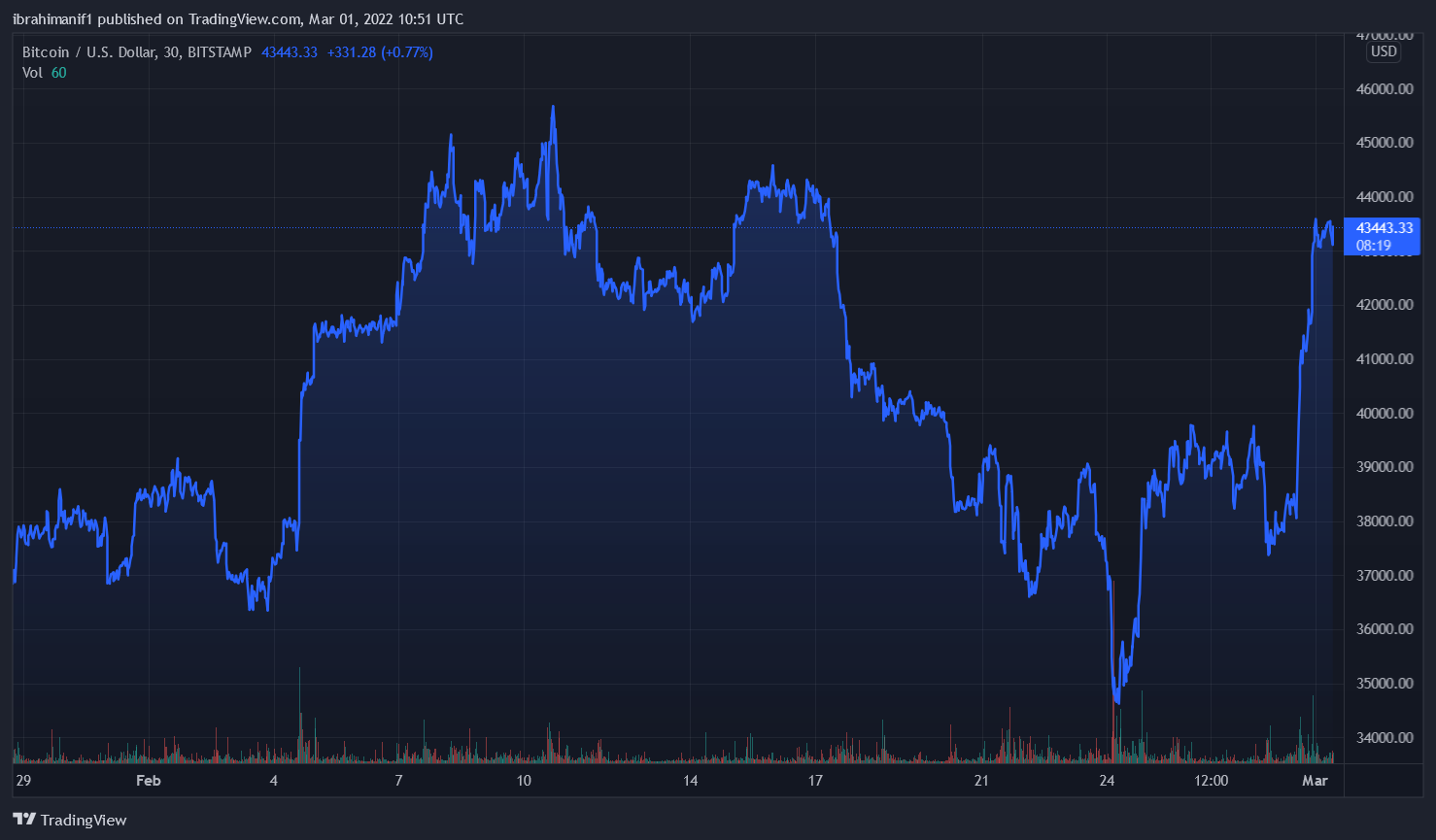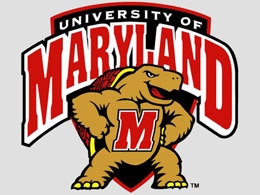
Cambridge University launches crypto research project with IMF and BIS
Some regulators were recently concerned about the alleged lack of consistent and transparent data on crypto markets. The University of Cambridge is collaborating with some of the world’s top banking institutions and private companies to introduce a new project targeting cryptocurrency research.The Cambridge Center for Alternative Finance, or CCAF, has launched a research initiative aiming to bring more insights on the rapidly growing digital asset industry, the CCAF announced to Cointelegraph on Monday.Dubbed the Cambridge Digital Assets Programme, or CDAP, the project is a public-private....
Related News
The Cambridge Centre for Alternative Finance (CCAF) at Cambridge Judge Business School announced the beginning of the Cambridge Digital Assets Programme today (CDAP). CDAP is a research project aimed at understanding the evolution of digital assets and value transfer systems. Cambridge Research For Crypto The University of Cambridge is launching a new project aimed at […]
On Tuesday, Cambridge Centre for Alternative Finance (CCAF) at Cambridge Judge Business School announced a new research initiative focused on the “growing digital asset ecosystem.” According to CCAF, the newly launched collaborative effort involves 16 financial institutions such as the Bank for International Settlements (BIS), Accenture, EY, Goldman Sachs, and more. CCAF Launches 2-Year Research Effort Focused on the Digital Asset Ecosystem Since 2015, the organization CCAF has been dedicated to the study of technology-enabled and innovative instruments such as....
Dr. Greg Irving, a Clinical Lecturer from the University of Cambridge, recently authored a research project on the potential impact of blockchain technology on scientific research. While the use is not novel in principle, it underscores the very reason blockchain was created. Why Scientific Research? Irving, and rightfully so, says that in order to truly trust scientific research the reader’s must know that the content and subsequent conclusions of the research has maintained its integrity throughout editing and publishing. The author references “outcome switching, data dredging, and....
The University of Cambridge and the school’s Centre for Alternative Finance has published the third “Global Cryptocurrency Benchmarking Study.” The 71-page in-depth study examines the current growth of the crypto industry, mining, offchain activity, crypto asset user profiling, regulation, and security. The September 2020 third edition of the Global Cryptoasset Benchmarking Study concentrates on four market segments which include mining, payments, custody, and exchange. A great number of participants from the cryptocurrency industry took part in the University of....
Editor’s Note: We would like to apologize for the factual inaccuracy of this article. The University of Maryland is not giving research grants; rather, they have received a grant from the National Science Foundation so they can study cryptocurrency. Update: This article has been modified to correct a number of reporting inaccuracies that appeared in the original text. We have added an acknowledgement to research teams at Cornell and UC Berkley, who are working as collaborators on this project with the University of Maryland. Additionally, we have added an acknowledgement to Elaine Shi, who....





